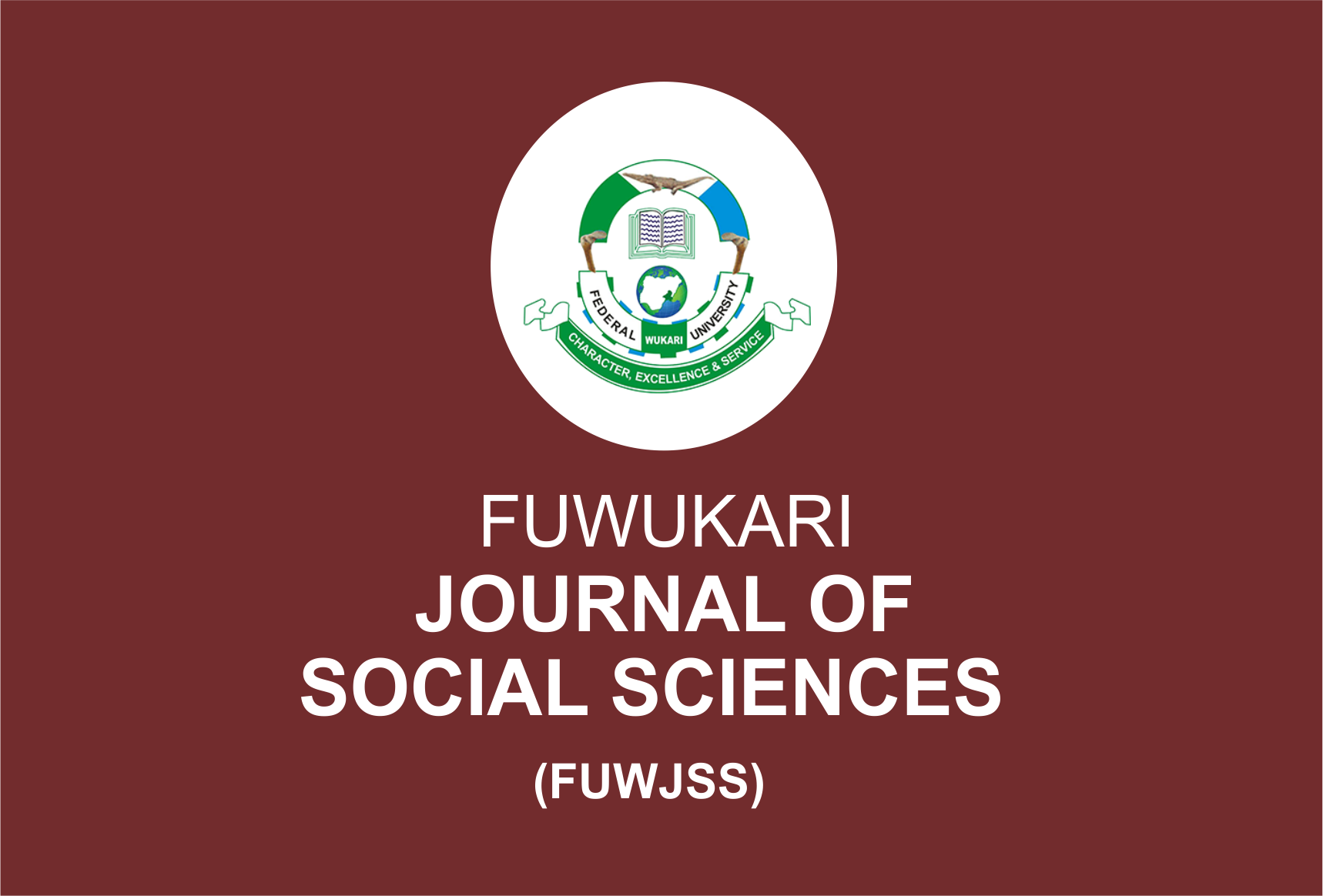Farmers-Herders Conflict and Livelihood of Agrarian Farmers in South Eastern Nigeria
Ndukwe Onyinyechi Kelechi, Victor Ularju Pius
Keywords: Farmers, herders, conflict, food insecurity, livelihood
Abstract
This paper interrogates the implications of farmers-herders’ conflict on livelihood of agrarian farmers in south eastern, Nigeria. Cordial relationship had hitherto existed between farmers and herders in Nigeria but the increasing transhumance movement of herders to south eastern and other regions in search of livestock’s feed has come with many security challenges that threaten the livelihood of agrarian farmers in south eastern Nigeria. The paper reviewed secondary data and the Marxist political economy theory is used as the theoretical framework. Major findings revealed that conflicts related to farmers and herders in south eastern Nigeria are homegrown as farmers in this region of the country have been experiencing significant crop damage due to incessant encroachment of herders’ cattle onto their farms which has affected their livelihood, traditional farming system, low crop yield and consumption pattern. The paper concludes that farmersherders’ conflicts constitute serious threats to national security, development and means of livelihoods for farmers in south eastern Nigeria. Thus, the paper recommends that there is need to re-orientate the herders towards combining their traditional pattern of grazing with mechanized form and revisit establishment of grazing areas which had been neglected and abandoned. Also, alternative dispute resolution effort should be encouraged at community levels in communities of south eastern Nigeria.
Author Biography
Ndukwe Onyinyechi Kelechi, PhD
Victor Ularju Pius
Department of Political Science,
University of Maiduguri, Borno State, Nigeria

